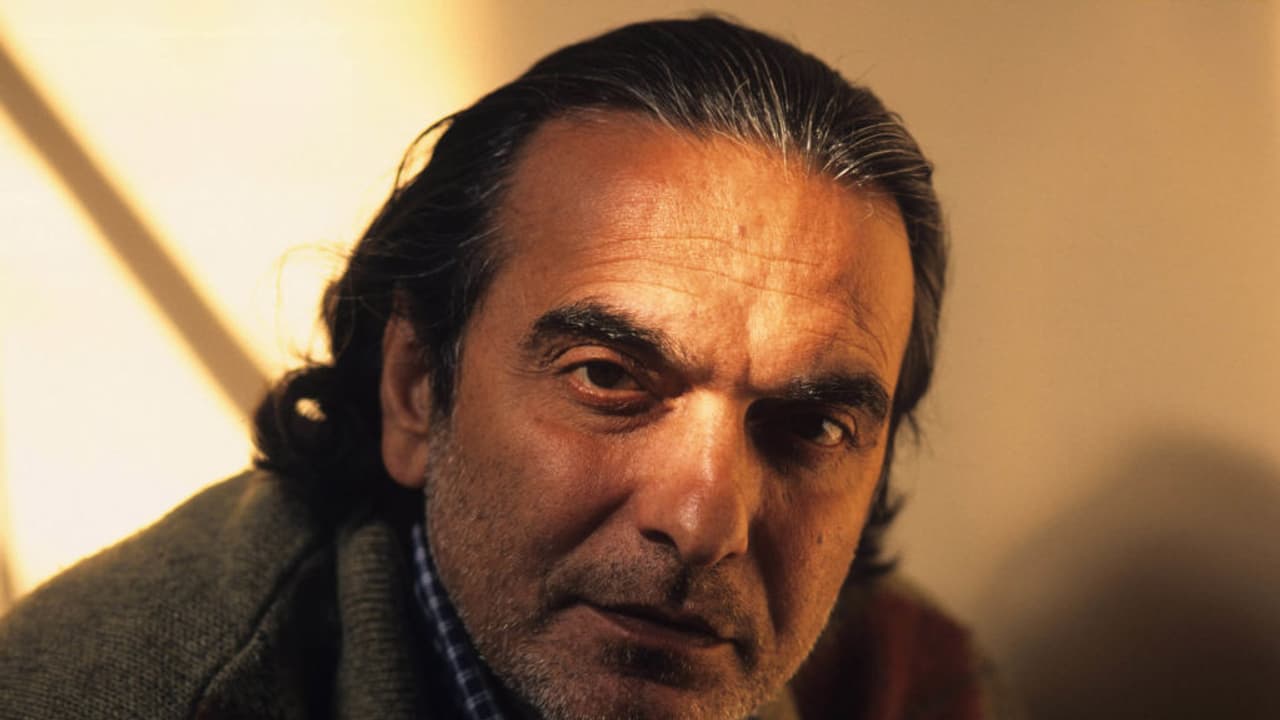Iranian actor Homayoun Ershadi, best known for his role in Abbas Kiarostami’s Palme d’Or-winning Taste of Cherry, died at 78 after battling cancer. Ershadi originally trained as an architect, studying in Italy before returning to Iran.
Iranian actor Homayoun Ershadi died at 78 on Tuesday after a battle with cancer, state news agency IRNA reported. Iran’s House of Cinema confirmed his death and offered condolences to the artistic community, praising Ershadi as a prominent figure of cinema, theatre and television. Government spokeswoman Fatemeh Mohajerani described his passing as “sorrowful”, calling him a “noble and thoughtful actor of Iranian cinema” in a post on X. Ershadi rose to international fame with his breakout role in the late Abbas Kiarostami’s Palme d’Or-winning Taste of Cherry (1997), which tells the story of a hopeless man looking for someone to bury him after his planned suicide.The film brought him global recognition and marked the start of a late but highly respected acting career. His work also reached international audiences with roles in Hollywood productions, such as The Kite Runner (2007). He also featured in A Most Wanted Man (2014) and had a brief appearance in Zero Dark Thirty (2012).
Iran’s Cultural Symbol
Born on March 26, 1947, in Isfahan, Iran, Ershadi originally trained as an architect, studying in Italy before returning to Iran, where he worked for many years in his profession. His path to acting was entirely unplanned, and almost mythical, when Kiarostami noticed him sitting in his car in Tehran’s traffic and invited him to audition for the film. Ershadi’s filmography spans over five decades, crossing boundaries between Iranian New Wave cinema and Hollywood realism. His later works include Utopia (2015), Ali and Nino (2016), and the Iranian feature No Choice (2020). Unlike many professional actors, his background as an architect gave him a distinctive presence, calm, measured, and precise, which translated beautifully to film. Beyond cinema, Ershadi became something of a cultural symbol. His presence inspired literary works such as Nicole Krauss’s short story “Seeing Ershadi” in The New Yorker, which reflected on his unique ability to evoke introspection and empathy.
(With inputs from AFP)
